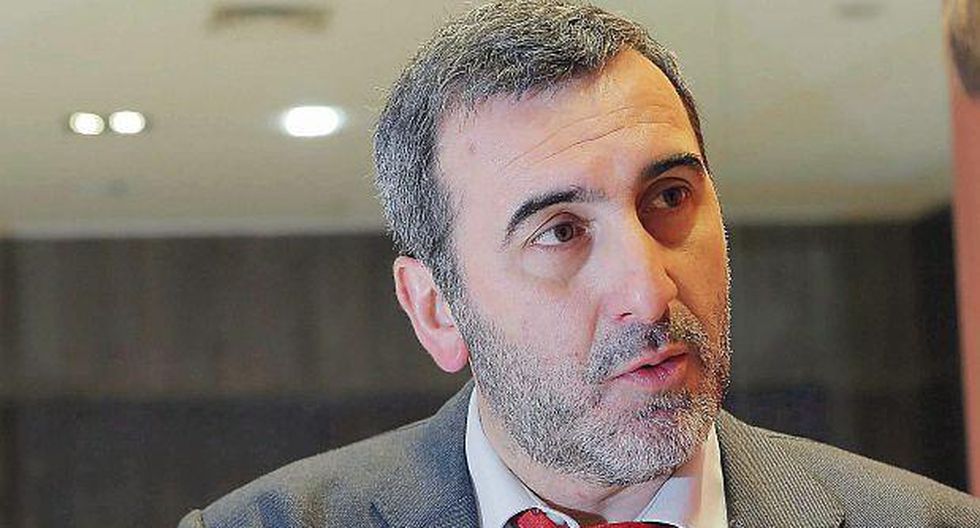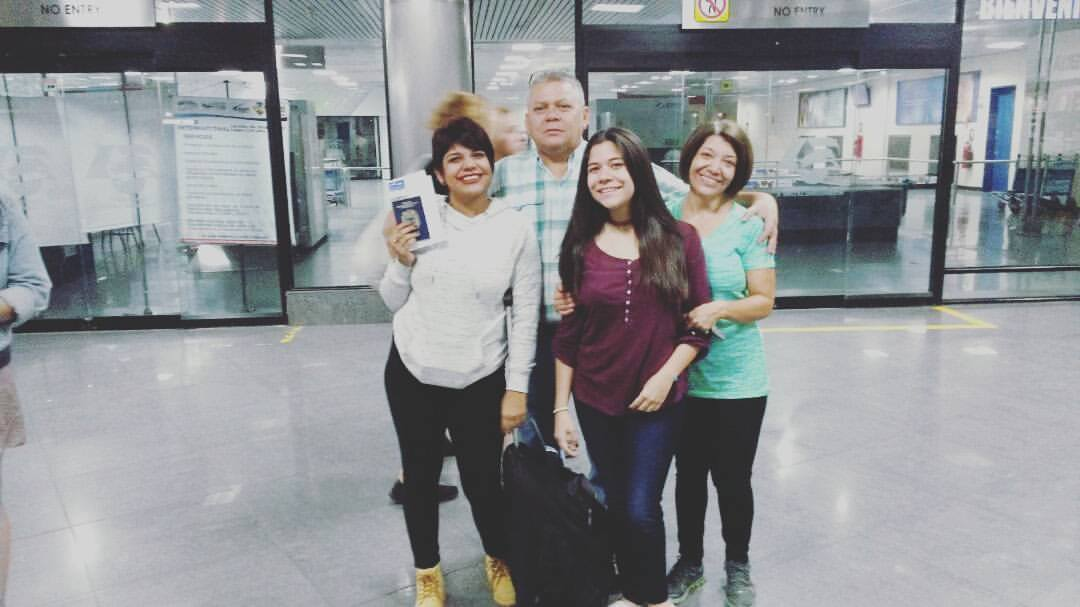Monica sets an example for all Venezuelans who are inside and outside the country. Mónica Kobiakob is a Venezuelan woman, a Mechanical Engineer who graduated from the Simón Bolívar University, a very ingenious mother, and the creator of “My First Venezuelan Words.” She initially designed this little book of images to teach her daughter Mila 55 words that every Venezuelan uses in their day-to-day lives. Little by little, Monica grew fond of this idea, and what began as a home project became what it is today, also thanks to the help of her partner and her brother. Although her daughter has never been to Venezuela, Mónica decided to develop Mila’s sensitivity to her roots by integrating Venezuela into her upbringing. This creative woman has taught us that maintaining our roots, even if we are not in our land, is necessary to preserve our traditions, culture, and the essence that unites us as a country.
-It is not very common to find Venezuelan women with your last name. Tell us a little about yourself and your life in Venezuela. Where did your family come from? How was your life there?
It is true; my last name is not very common. It is Russian. My paternal grandfather came to Venezuela with my grandmother when my father was still a child. My mother’s family is Italian, although she was born in Venezuela, and so was I!
I have very happy memories of my childhood in Venezuela; we lived in Caracas, but we had family in Puerto Ordaz, Maracay, and Maracaibo, so we visited them often, sometimes we stayed there for a whole month. In our family gatherings, we ate Venezuelan, Italian, Spanish food … We bought cassava, cheese, and cashews on the road. And on my birthdays, there was piñata, quesillo (Venezuelan dessert), and jelly, and we sang the Venezuelan birthday song. My parents always identified themselves as Venezuelans, and so do I.
-You have lived in several countries since you were a child. Do you feel you’re a nomad? Would you like to settle in one place for the rest of your life, or do you feel comfortable moving from one place to another? What have you learned from having lived in so many places?
I have lived in different countries since I was 10 years old when we moved to Santo Domingo. We returned to Venezuela when it was time for me to start college, and after I graduated, I moved out of the country again to Italy. I like to move from one place to another, and although there is always some nostalgia, it is exciting to change cities; the first achievements, gradually adapting and understanding how everything works. Even supermarkets change from one country to another! I have learned that I will never stop missing my family members who are spread throughout the world, nor dreaming that one day we will all be able to live on the same street, perhaps even in Margarita, who knows?

-Tell us a bit about your arrival in Europe. Why did you have to leave Venezuela? How did you go through this process? How was your adaptation process? Do you have any particular stories that you would like to tell us?
Actually, I wasn’t forced to leave, especially since my dad never wanted me to leave. When I finished college, living in another country and traveling all by myself was a personal challenge. Through some clients of a relative, I got an interview with a small company located in northern Italy that exported wheat mills to Venezuela. I was offered a job at the Italian headquarters, and I accepted it. I already spoke a little Italian because I had taken some courses and as a coincidence, I had a distant cousin studying in that same town. I remember that when I got to the office on the first day of work, I realized that everyone spoke an Italian dialect, and I did not understand anything.
You must adapt to circumstances all the time. And there are always moments when you miss your old life, but cultural differences expand your mind even if they are small. I have many Italian and Spanish friends here, but for me, even despite the distance, there is nothing better than a conversation with a cousin from Venezuela, a friend from college, my brother… It is a different and natural connection that I deeply appreciate.
-Where did the idea of creating this book come from? Tell us about the process from its beginnings until today. How far do you want to go with this project?
When I moved to Santo Domingo, I began to enjoy the variety of different words that Venezuelans and Dominicans used to say with my family. The first year we learned hundreds of new words that were essential for us to adapt. Then, the same thing happened to me while living in Spain. And well, all Spanish speakers know how fun it is to watch movies with different Spanish accents, Colombian, Argentine, Mexican … The everyday words of each country make us unique,, and I have always found this to be a fun part of cultures.
My daughter, who was born in Rome, started studying at a Spanish school, and soon after, her Spanish was different from mine. It was unexpected and sweet at the same time. It was there that I came up with the idea of making a little book of Venezuelan words. Because it did not exist at that time, and I felt the need to have it to enjoy it with her. Well, I got down to work.
Where do I want to go with this book? Well, doing this project has already given me great satisfaction. The messages I have received from my parents, uncles and grandparents are beautiful and express sincere gratitude, which moves me a lot. I also feel blessed because people I admire a lot in Venezuela have written about the project in newspapers and on social networks, and it has been incredible; sometimes, it feels like a dream. I want to distribute the book in more countries because there are many places where there are Venezuelans interested in it, not only in my book but in the twin book about Venezuelan Animals created by my brother and my sister-in-law.

-On a personal level and as a mother, what other things have you done in your life as a migrant to maintain your Venezuelan roots?
I have been fortunate enough to reunite once a year with a large part of my family, and in those reunions, we share our Venezuelan identity with our children, who have different accents. In these meetings, there are always arepas, cachapas and tequeños, and hallacas at Christmas. I have personally talked to my daughter about Venezuela since she was born, bought her storybooks, and shown her our music. I don’t know when yet, but I hope to take her to Venezuela one day.
-Do you miss Venezuela? Do you want to come back one day? What things do you tell your daughter about Venezuela? What do you miss the most?
I am very interested in what is happening in Venezuela. I miss what it was and all the good things that still exist. I do not know if I will live there again, especially because almost all my family and friends are now scattered abroad. I show my daughter photos of our unique beaches, of the places I visited when I was a child, of the landscapes and animals that bring back memories. I am sure that she also loves Venezuela even though she hasn’t been there.
-What message do you have for all the people, especially Venezuelans, who are outside their country? Tell us a little about what the preservation of culture and roots means to you.
I believe that sharing information with our children about where we come from is something natural. I am happy to live in Rome and from time to time to hear my daughter say cotufa (popcorn) or patilla (watermelon) or sing a Venezuelan song. We must also accept that we cannot force things either, for example, I suffer a little because my daughter does not like cachapa, but hey! At least she does like arepas hahaha. If due to life circumstances, our children do not migrate, thanks to our anecdotes and contact with our roots, they will be more aware of how immensely diverse humanity is and they will be more tolerant and capable of adapting to any situation or culture.

Text and translation: Pascual Díaz




